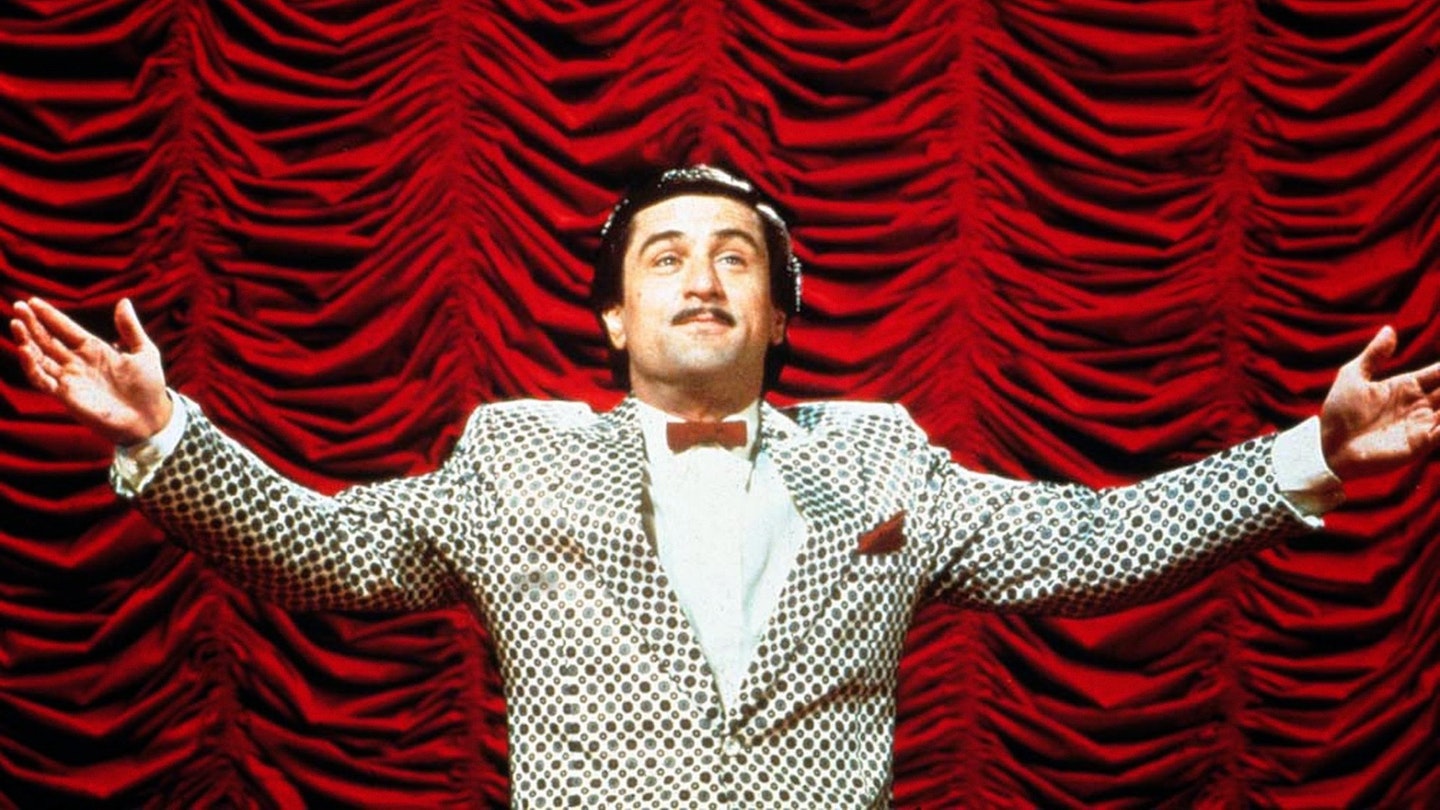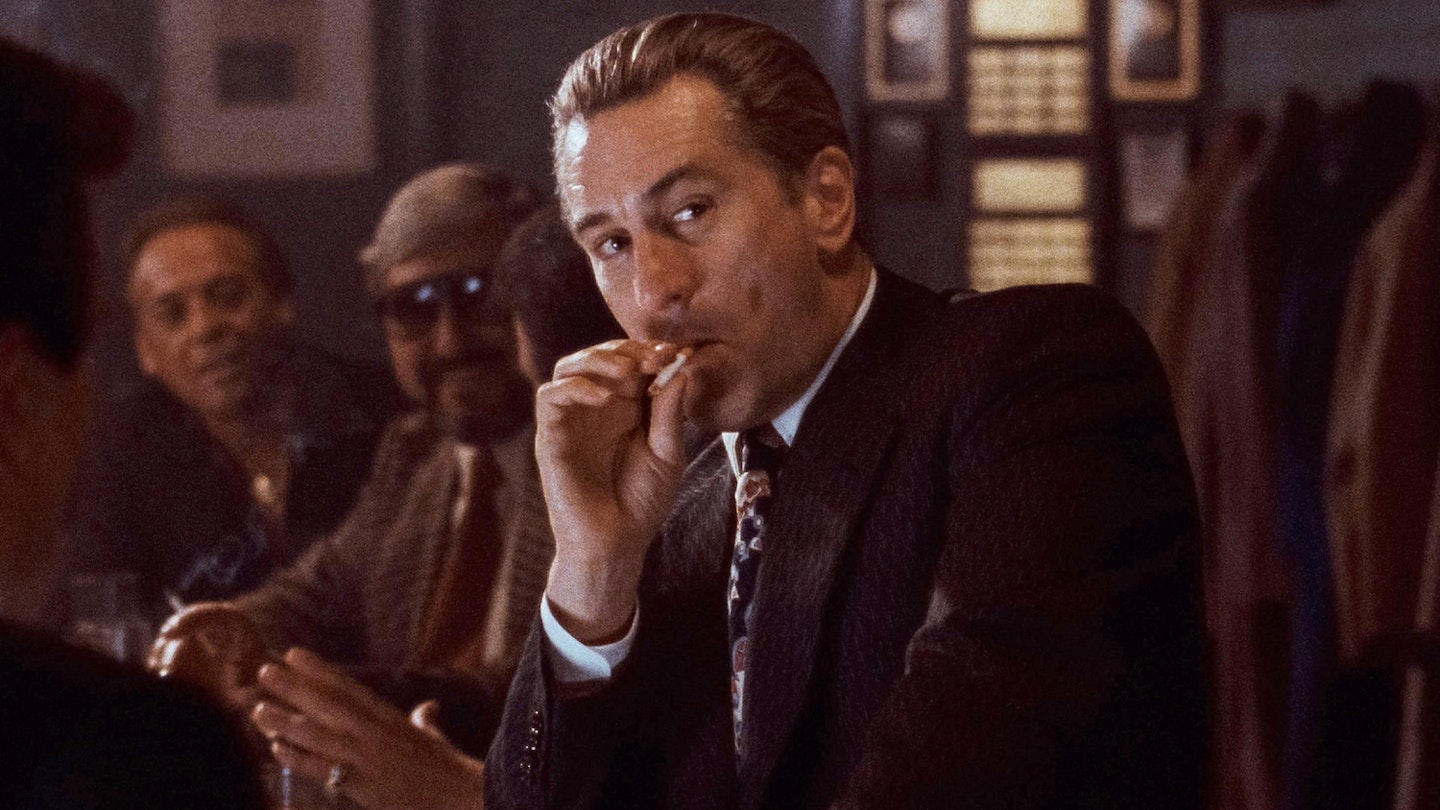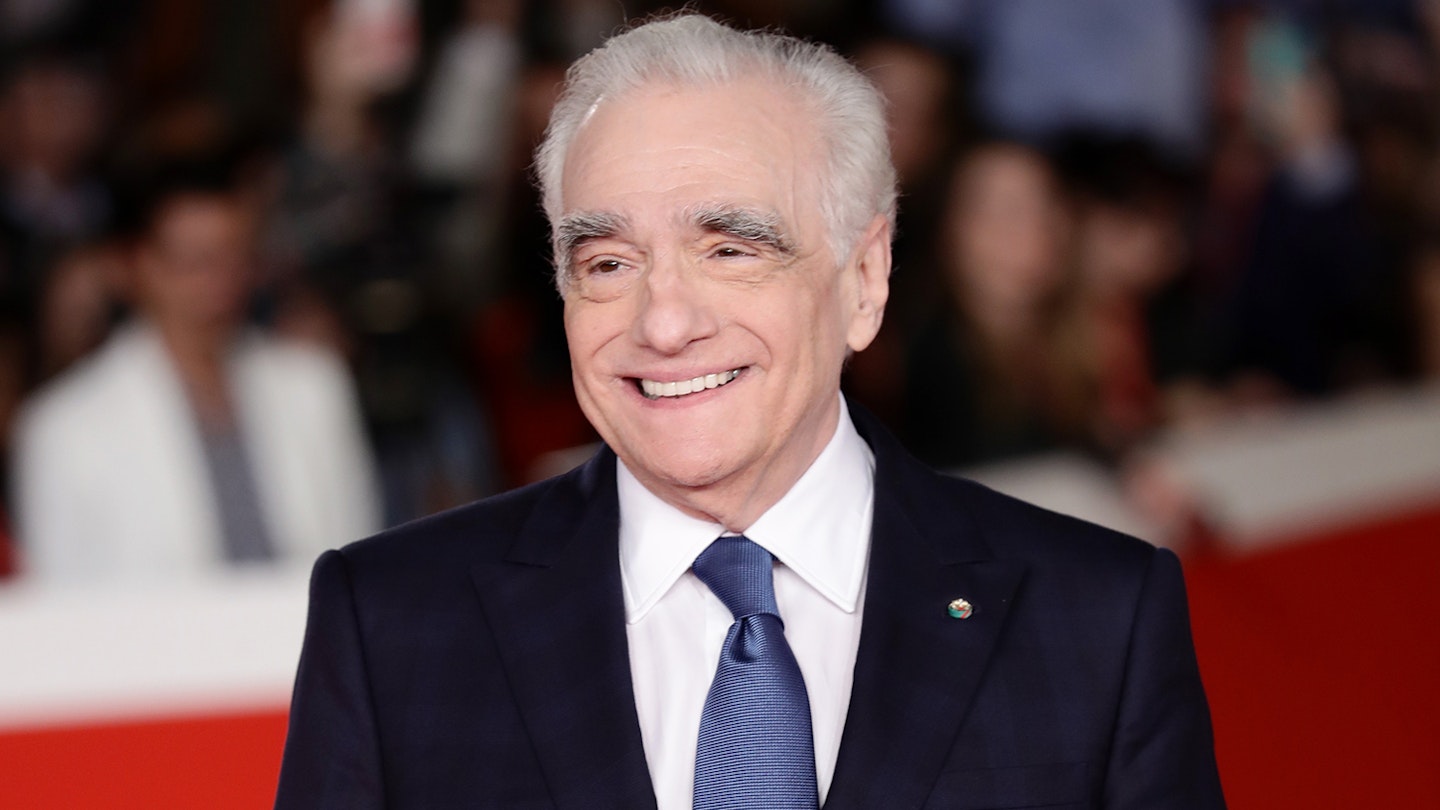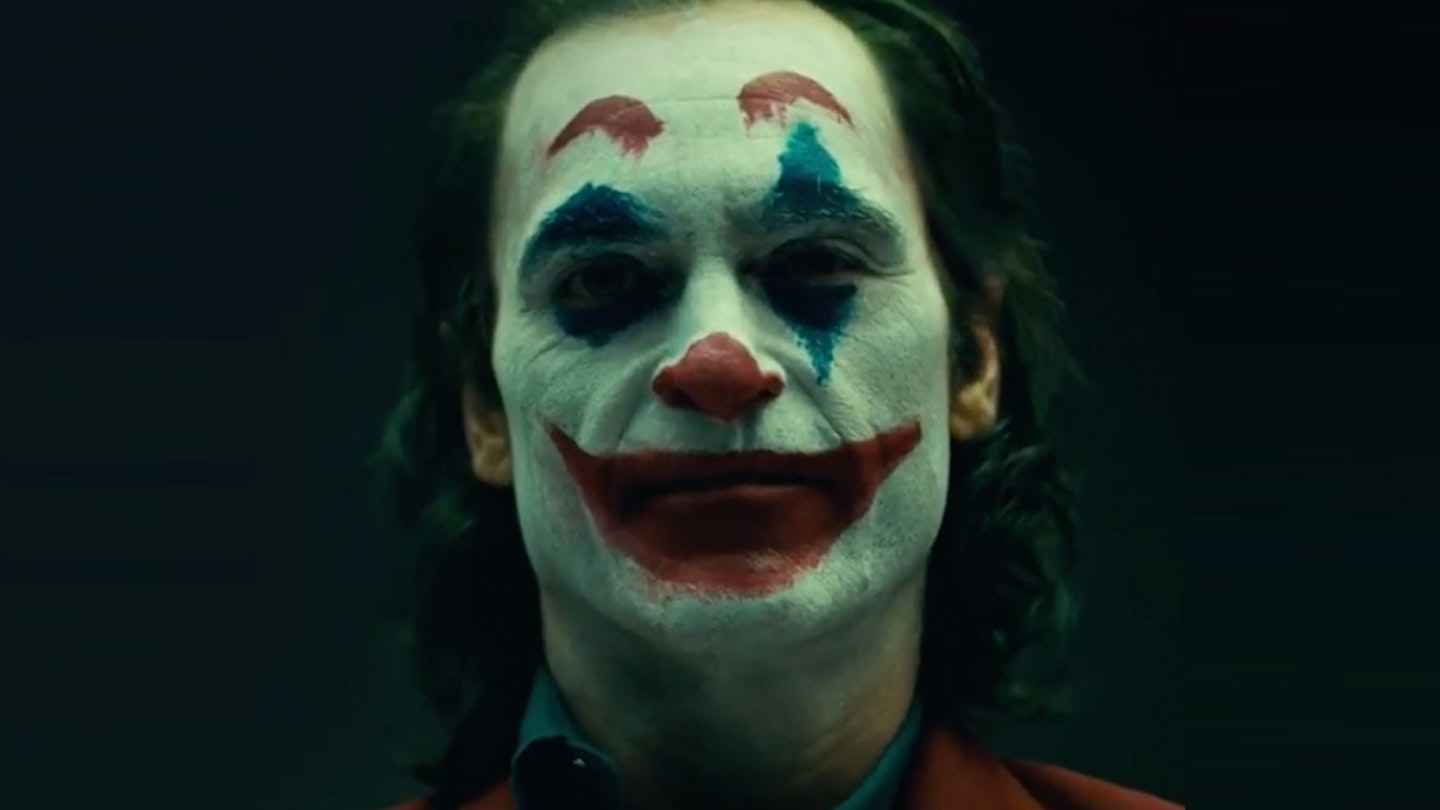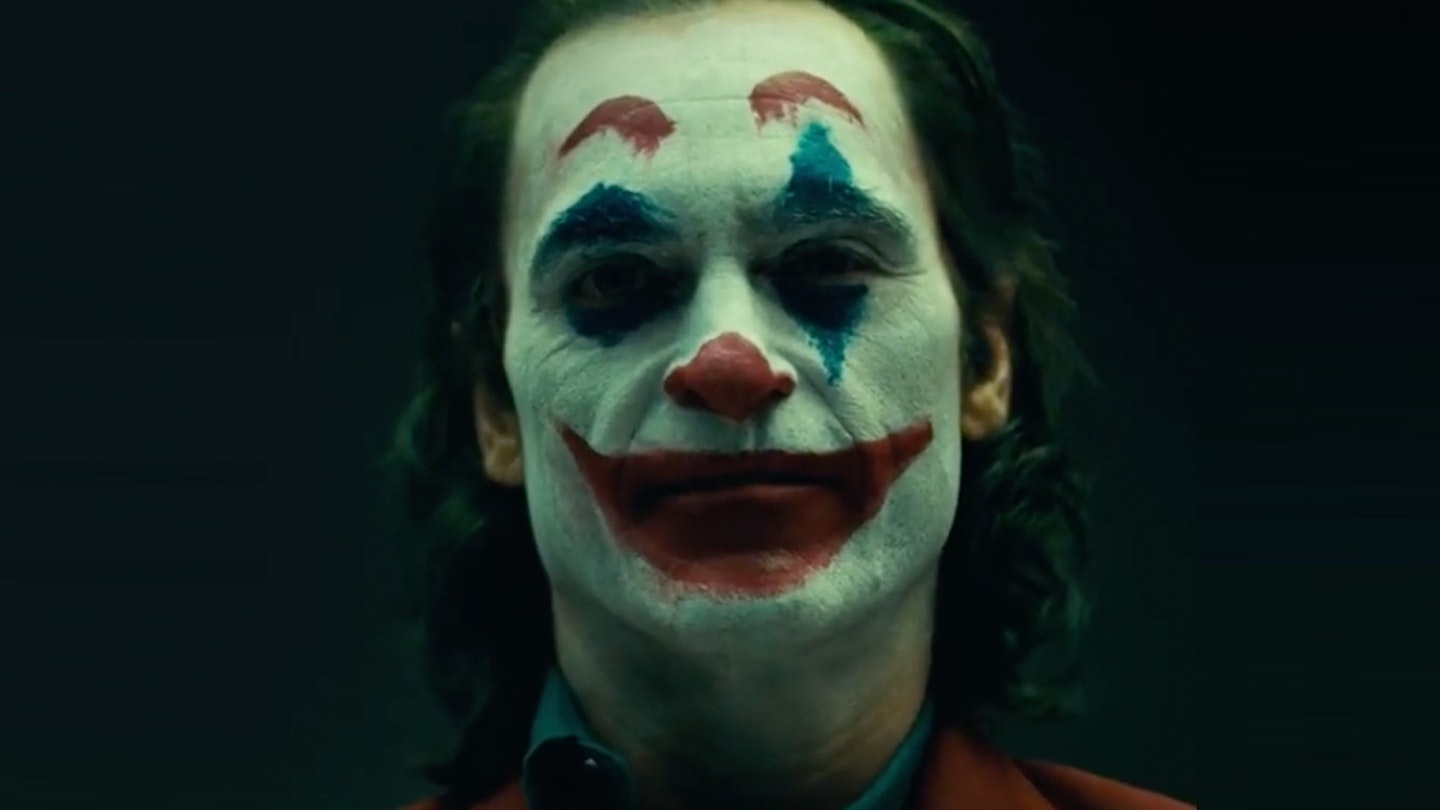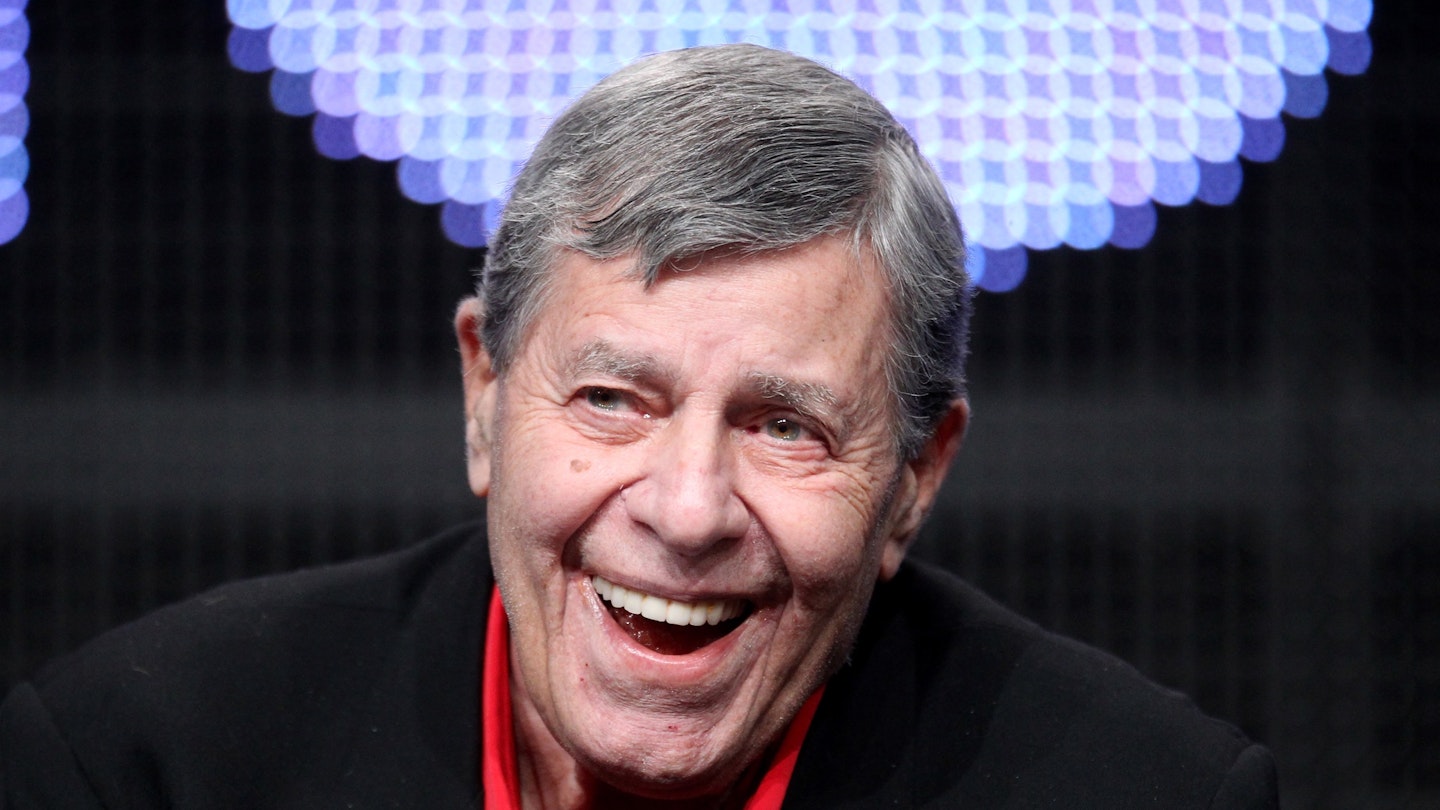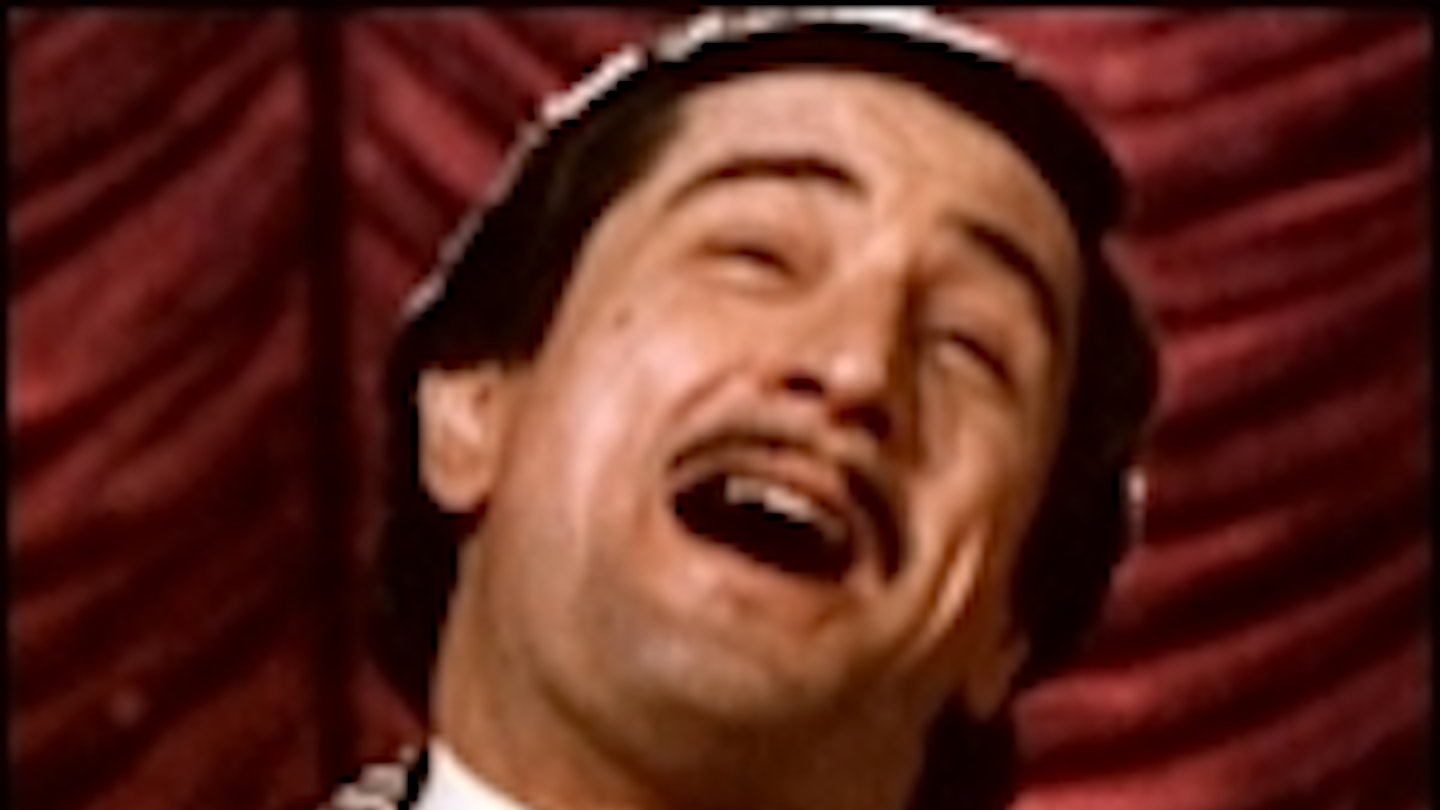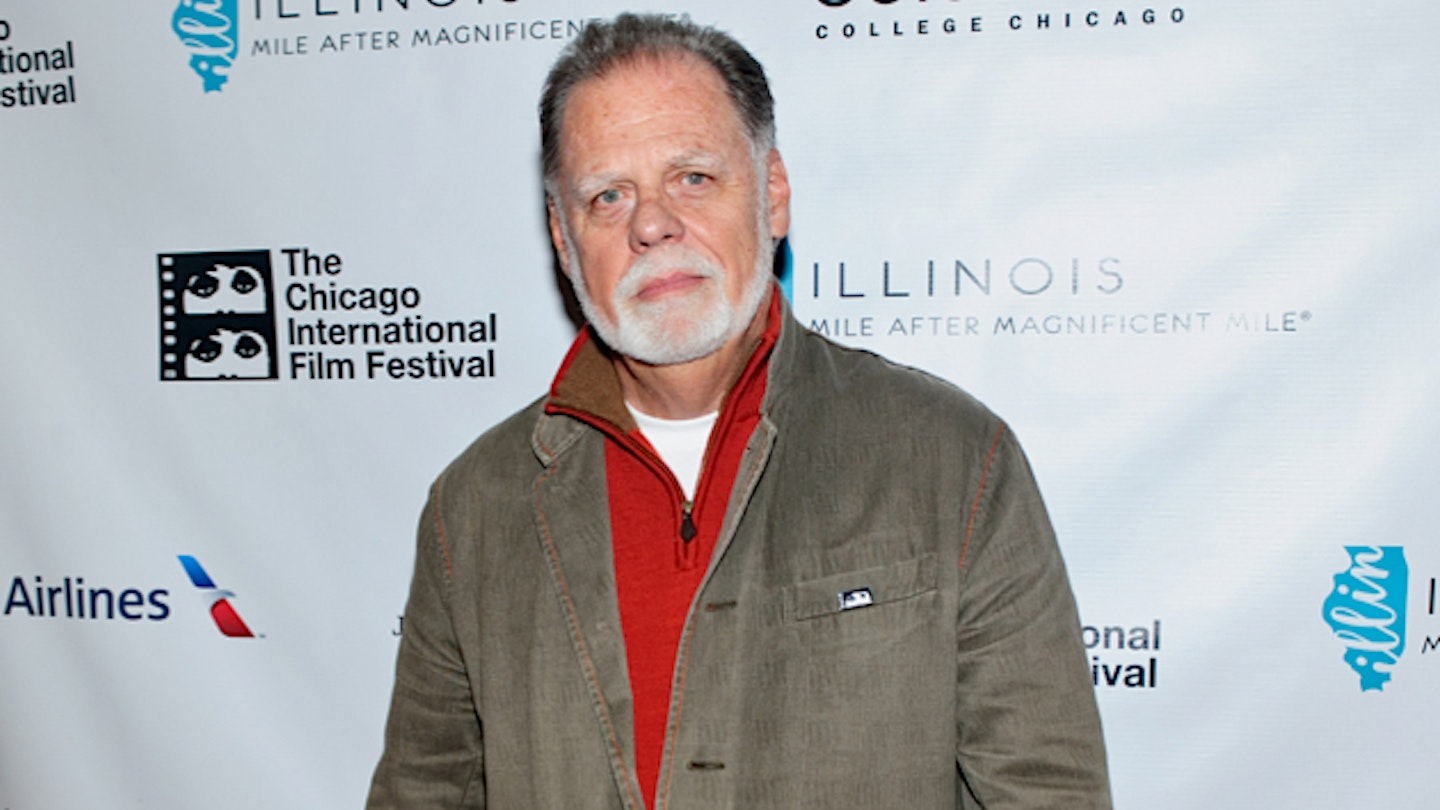The newly media-literate '70s and '80s saw a rash of movies about TV and celebrity: Network, Being There, Videodrome and Dog Day Afternoon all either satirised the power of the goggle box or warned against its pervasive influence (a continuation of cinema's uneasy relationship with its little brother, which began with it being virtually ignored in the '50s and '60s).
Martin Scorsese's entry in the cannon isn't the best example of the subgenre, and neither is it the director's best work, but since Scorsese firing on two cylinders is better than most firing on all four, it remains an interesting misfire like After Hours (as opposed to one of his deeply uninteresting ones, like Gangs Of New York).
Neither funny enough to be an effective black comedy nor scary enough to capitalise on its thriller/horror elements, The King Of Comedy sits awkwardly between the two, looking sometimes alarmingly like Taxi Driver played for laughs.
Despite this uncertainty of tone, Scorsese's skills as a scene-maker are fully evident: fantasies leech expertly into reality; in the beautifully realised street scenes, New York bustles oblivious to the lunatics in its midst, and there's the odd surreally arresting image (Rupert Pupkin delivering a monologue to a giant photograph of an hysterical audience as Scorsese's camera tracks back is a stand out).
De Niro gleefully rubs our nose in the excruciating experience of watching someone who thinks they're funny flail helplessly, but the movie's one undisputed triumph is Jerry Lewis' performance as chat show king Jerry Langford.
What could have been a piece of stunt-casting instead plays expertly on audience expectations. There's not a particle of the goofy clowning with which Lewis made his name, the actor instead delivering a kind of dead-eyed, scarily quiet rage which has the almost unheard of effect of nearly eclipsing De Niro in its intensity.
